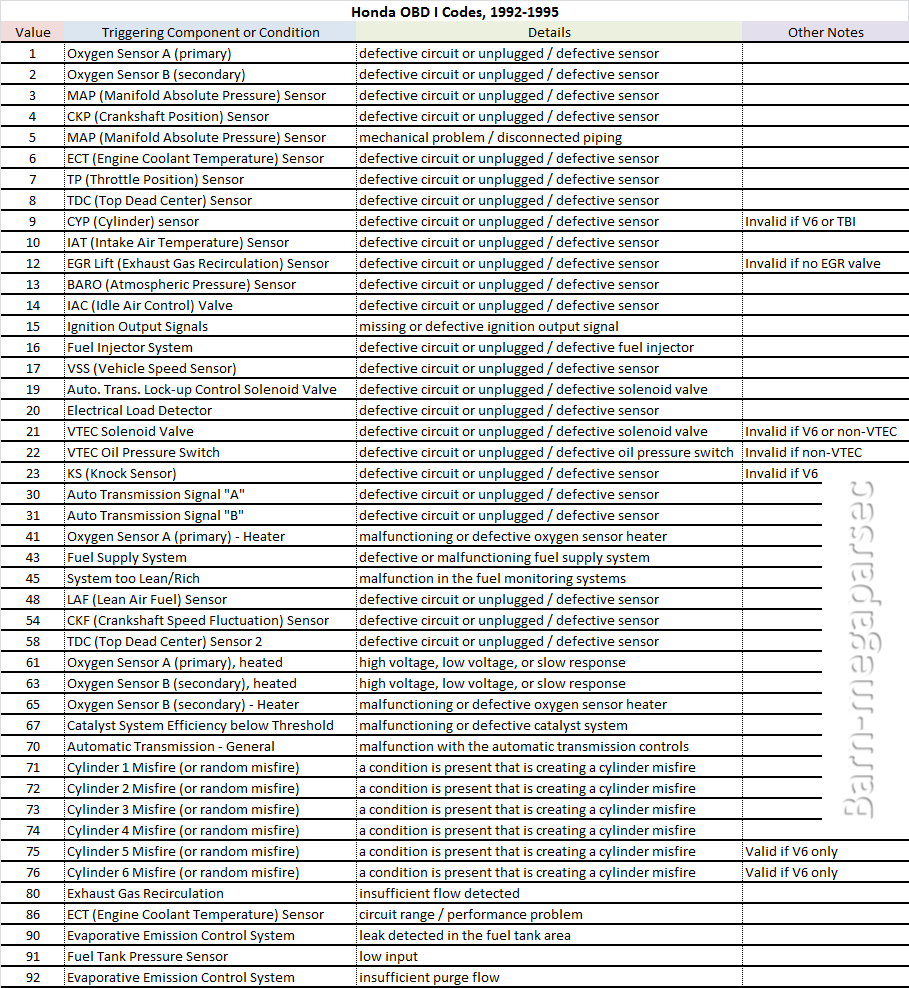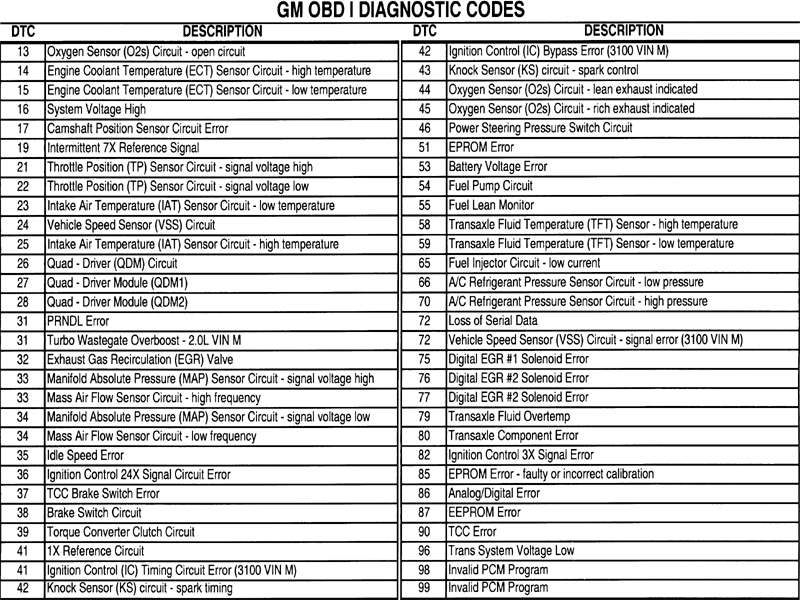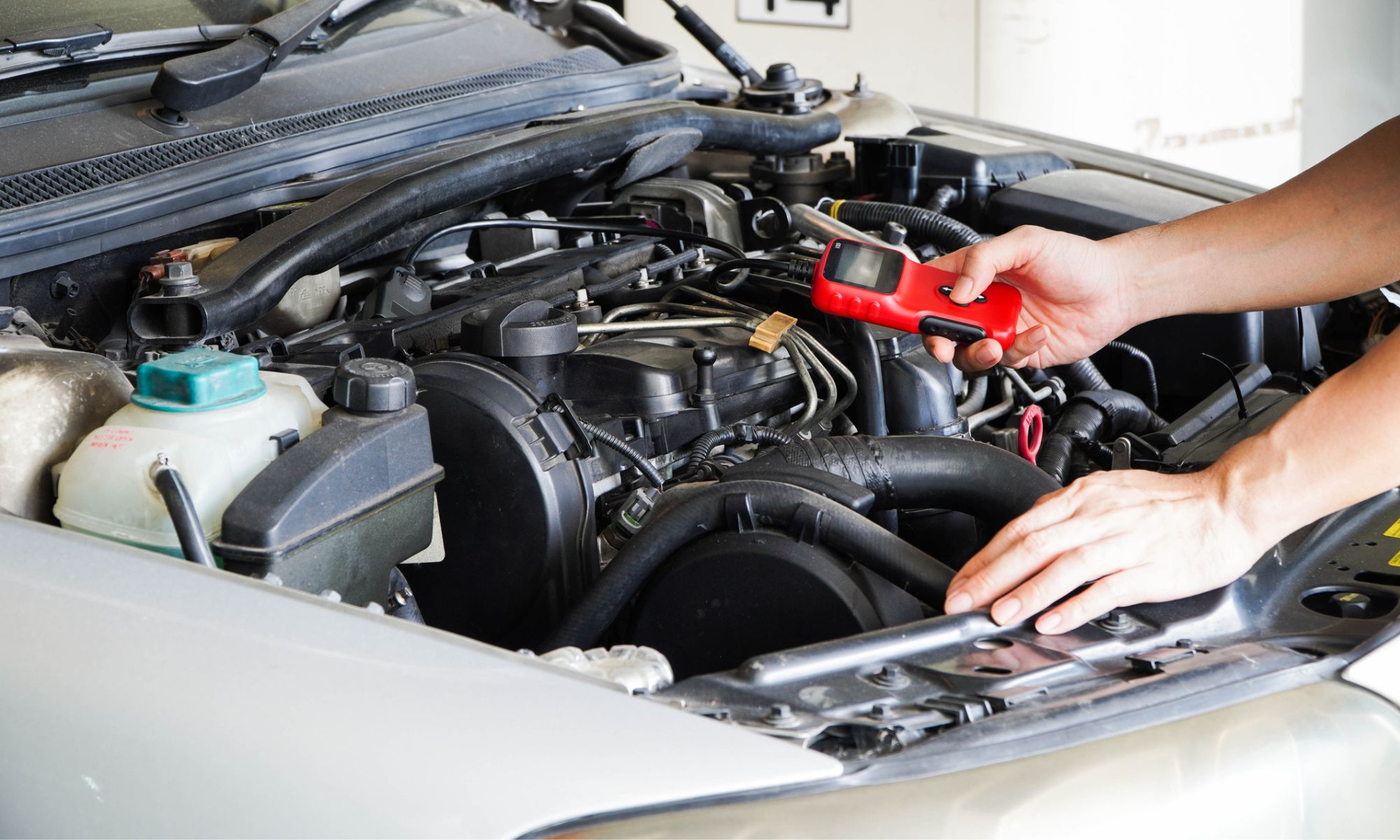That Pesky Check Engine Light: A Guide to Clearing Codes
That little yellow light on your dashboard – the check engine light – can be a source of both mystery and mild panic. What does it mean? Is my car about to break down? While it can signal a serious issue, it can also be triggered by something relatively minor. Knowing how to address this light, including clearing the codes that cause it to illuminate, can empower you as a car owner. This guide will walk you through the process of understanding and managing your car's check engine light.
The check engine light is part of your car's onboard diagnostics (OBD) system. Think of it as your car's way of communicating with you. When something goes amiss, the OBD system generates a diagnostic trouble code (DTC), which triggers the check engine light. These codes are standardized, allowing mechanics and car owners with OBD-II scanners to understand the nature of the problem.
The history of the check engine light goes hand in hand with the development of emissions control systems in the 1970s. As environmental regulations tightened, car manufacturers needed a way to monitor and regulate emissions. The OBD system and its accompanying check engine light were born. Over the years, the system has become more sophisticated, providing more detailed diagnostic information.
Understanding how to clear these codes is important for several reasons. First, it allows you to confirm whether a repair has been successful. Second, it can help you pinpoint intermittent problems, those that come and go. Finally, sometimes a simple glitch can trigger the light, and knowing how to clear it can save you a trip to the mechanic. However, remember, clearing the code doesn't fix the underlying problem. It simply resets the light and allows the OBD system to monitor for recurring issues.
There are several ways to clear check engine codes. The most common method is using an OBD-II scanner. These devices plug into your car's diagnostic port (usually located under the dashboard) and allow you to read and clear codes. Some more advanced scanners can even provide live data streams from your car's sensors. Another method, applicable to older cars, is disconnecting the car's battery. This can reset the ECU (engine control unit) and clear the codes. However, it can also erase other stored settings, like radio presets.
One benefit of understanding code clearing is the potential cost savings. Imagine a loose gas cap triggering the check engine light. Instead of rushing to a mechanic, you can tighten the cap and clear the code yourself, avoiding an unnecessary diagnostic fee. Another benefit is increased control over your car's maintenance. By regularly checking and clearing codes, you can stay on top of potential issues and address them proactively. Finally, it provides peace of mind. Knowing how to manage the check engine light reduces the stress and uncertainty that often accompanies its appearance.
Action Plan: 1. Identify the code using an OBD-II scanner. 2. Research the code online or in a repair manual. 3. Address the underlying problem. 4. Clear the code using the scanner or by disconnecting the battery.
Checklist: OBD-II scanner, repair manual (optional), basic tools (if necessary for repairs).
Step-by-Step Guide (Using a Scanner): 1. Locate the OBD-II port. 2. Plug in the scanner. 3. Turn the ignition to the “on” position (don't start the engine). 4. Follow the scanner's prompts to read the codes. 5. Write down the codes. 6. Research the codes. 7. Repair the issue. 8. Follow the scanner's prompts to clear the codes.
Advantages and Disadvantages of Clearing Check Engine Codes
| Advantages | Disadvantages |
|---|---|
| Verify Repairs | Masks Underlying Problems |
| Diagnose Intermittent Issues | Could Delay Necessary Repairs |
| Cost Savings | Data Loss (Battery Disconnect Method) |
Best Practices: 1. Always address the underlying problem before clearing the code. 2. Record the codes before clearing them. 3. Research the codes thoroughly. 4. Use a quality OBD-II scanner. 5. If the code returns, seek professional help.
Frequently Asked Questions:
1. Will disconnecting the battery always clear the codes? Not always. Some codes require specific reset procedures.
2. Can I drive with the check engine light on? It depends on the severity of the problem. Some issues require immediate attention.
3. How often should I check for codes? Periodically, especially if you notice any changes in your car's performance.
4. What if the code returns after clearing it? This indicates the problem hasn't been resolved.
5. Are all OBD-II scanners the same? No, they vary in features and price.
6. Do I need a mechanic to clear codes? No, you can do it yourself with a scanner.
7. Where can I find information about specific codes? Online resources and repair manuals provide code definitions.
8. Can I clear codes without a scanner? Sometimes, by disconnecting the battery, but this isn't always effective.
Tips and Tricks: Invest in a good quality OBD-II scanner. Keep a record of past codes. Familiarize yourself with your car's diagnostic port location.
Understanding how to clear check engine codes is an essential skill for any car owner. It empowers you to take control of your car's maintenance, troubleshoot problems, and potentially save money. While clearing the code itself doesn't fix the underlying issue, it's a crucial step in the diagnostic and repair process. By following the steps outlined in this guide, you can confidently address that sometimes-intimidating check engine light and ensure your car stays running smoothly. Remember, the key is to not just erase the code, but to understand what triggered it in the first place. This proactive approach to car maintenance can save you time, money, and unnecessary stress in the long run. Take the mystery out of car maintenance and embrace the knowledge that allows you to care for your vehicle effectively.
Unlocking your potential a deep dive into the polytechnic computer science diploma
Conquering fantasy football the untapped power of team names
Unmasking the drama el zorro la espada y la rosa capitulo 14













